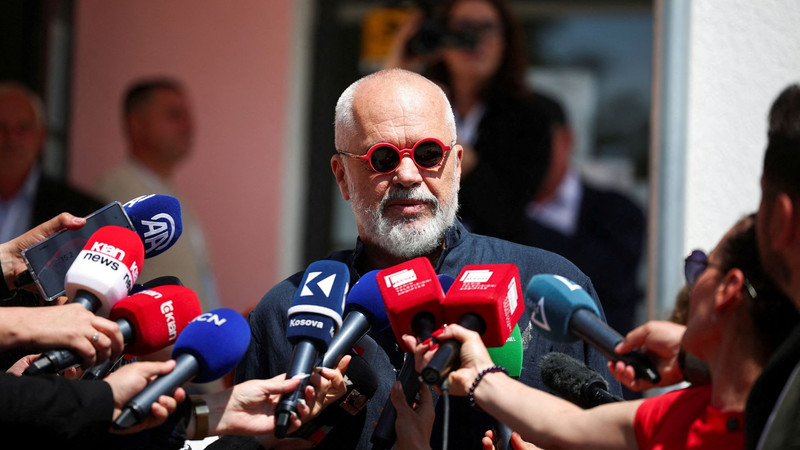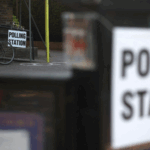A Familiar Victory, New Questions
Albanian Prime Minister Edi Rama appears poised to secure a historic fourth consecutive term amid partial election results, marking a significant political milestone for his Socialist Party. However, the celebration of electoral dominance is tempered by growing scrutiny over Albania’s EU accession ambitions and stalled reforms crucial for membership talks.
The EU Reform Challenge
Rama’s campaign pledge of achieving full EU membership by 2030, including closing accession chapters by 2027, faces skepticism in Brussels. EU officials emphasize that tangible progress on judicial independence, media freedoms, and anti-corruption measures must precede timelines. Persistent scandals, including controversial waste management deals, have amplified public frustration despite the opposition’s inability to capitalize on discontent.
"This result might reflect the will of the majority," said political analyst Mentor Kikia. "But it’s also a failure of the opposition. Most people didn’t vote for policy — they voted out of loyalty."
A Road Paved With Skepticism
With voter turnout hitting a historic low, analysts warn that democratic fatigue and institutional erosion could complicate Albania’s reform agenda. While EU membership remains a top priority for citizens, Rama’s strengthened political grip raises questions about accountability and the vitality of multi-party competition.
What Comes Next?
As final votes are tallied, attention shifts to whether Rama’s government can translate pro-European rhetoric into actionable reforms. The months ahead will test Albania’s ability to align its governance with EU standards — a process Brussels insists must prioritize substance over slogans.
Reference(s):
cgtn.com







